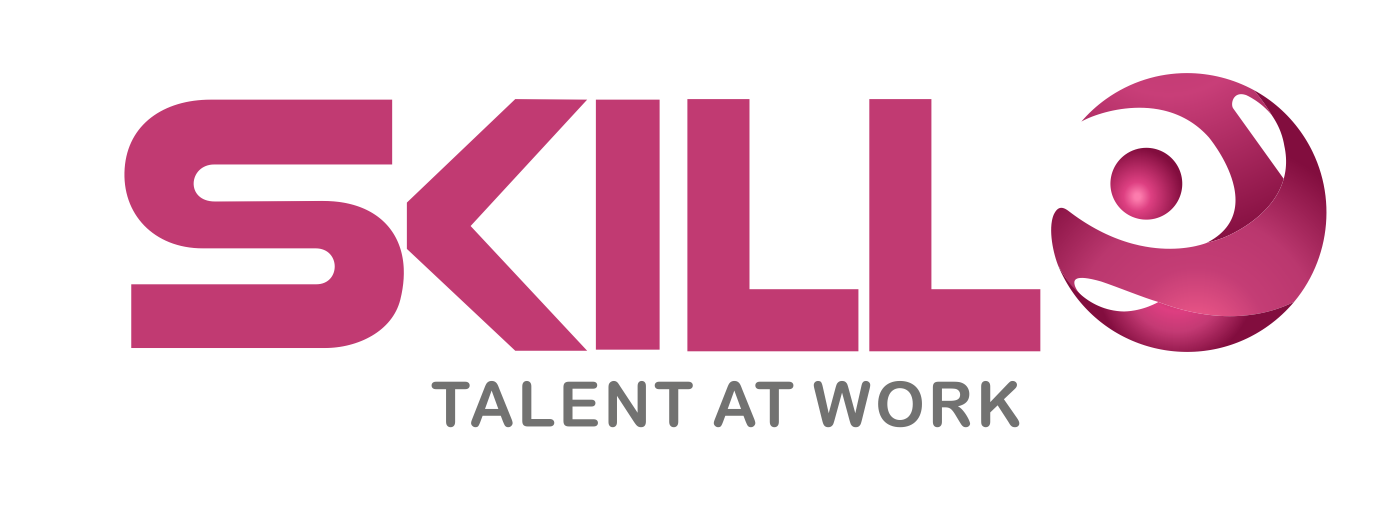
Artificial Intelligence (AI) has rapidly gained significance, transforming industries and reshaping traditional operations. This article delves into the evolving role of AI in our lives, particularly its impact on job markets. The debate over whether AI poses a threat or an opportunity to employment is explored, along with insights into how businesses and employees are navigating this transformation.
In recent years, the influence of Artificial Intelligence (AI) has expanded across various sectors, from healthcare and education to retail and transportation. Its ability to automate tasks, solve complex problems, and enhance human capabilities is reshaping the way we work. Amidst these changes, the job market stands out as a domain deeply affected by AI, sparking discussions about its potential as both a disruptor and an enabler.
AI’s Role in the Workplace
The integration of AI in the workplace has yielded noteworthy outcomes. Employers have harnessed AI to streamline operations, boost efficiency, and adapt to remote work requirements, particularly during the pandemic. This shift has resulted in heightened productivity and more informed decision-making. Conversely, employees have encountered adjustments to AI-driven tools and systems. While some have thrived, others have faced challenges, navigating a learning curve or grappling with concerns about job security.
Challenges and Opportunities
The pervasive impact of AI has prompted individuals to reevaluate their career trajectories. A prevalent apprehension revolves around job automation, as AI’s speed and accuracy in task execution raise questions about human relevance. However, it’s crucial to recognize that AI’s emergence isn’t solely a threat; it’s also a catalyst for change. The ‘automation paradox’ is evident—while AI has displaced certain roles, it has simultaneously generated demand for novel job categories.
Unlocking AI’s Potential
Amidst the challenges, AI presents a spectrum of opportunities. Novel job roles, such as AI ethicists, data scientists, and AI specialists, are emerging and gaining significance. Furthermore, AI compels upskilling, encouraging employees to acquire proficiencies in intricate, value-added functions as routine tasks become automated.
Adapting for the Future
The transformative potential of AI within job markets necessitates a proactive approach. As AI evolves, job roles will naturally shift, demanding a nimble response. Strategic investments in skills development are essential for the workforce to adapt seamlessly. Balancing the efficiencies of AI with the irreplaceable human touch is pivotal to harnessing AI’s potential while preserving job market stability.
Conclusion
In the ongoing debate about AI’s influence on job markets, it’s clear that the impact is multidimensional. AI introduces both challenges and opportunities, compelling us to strike a balance between innovation and the preservation of human-centric work environments. With foresight and continuous investment in skills, we can navigate the evolving landscape, leveraging AI to shape a resilient, productive, and harmonious job market.
